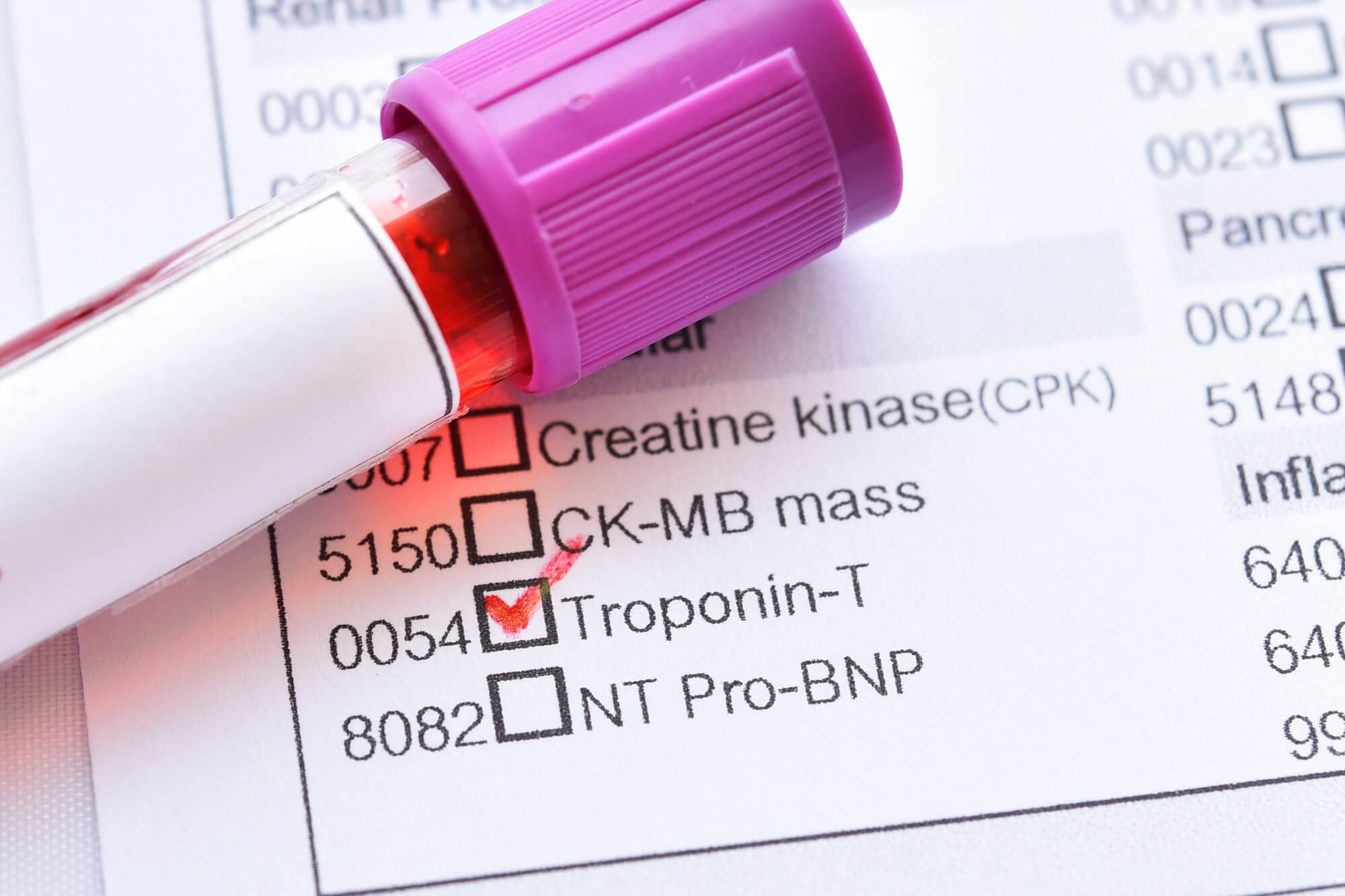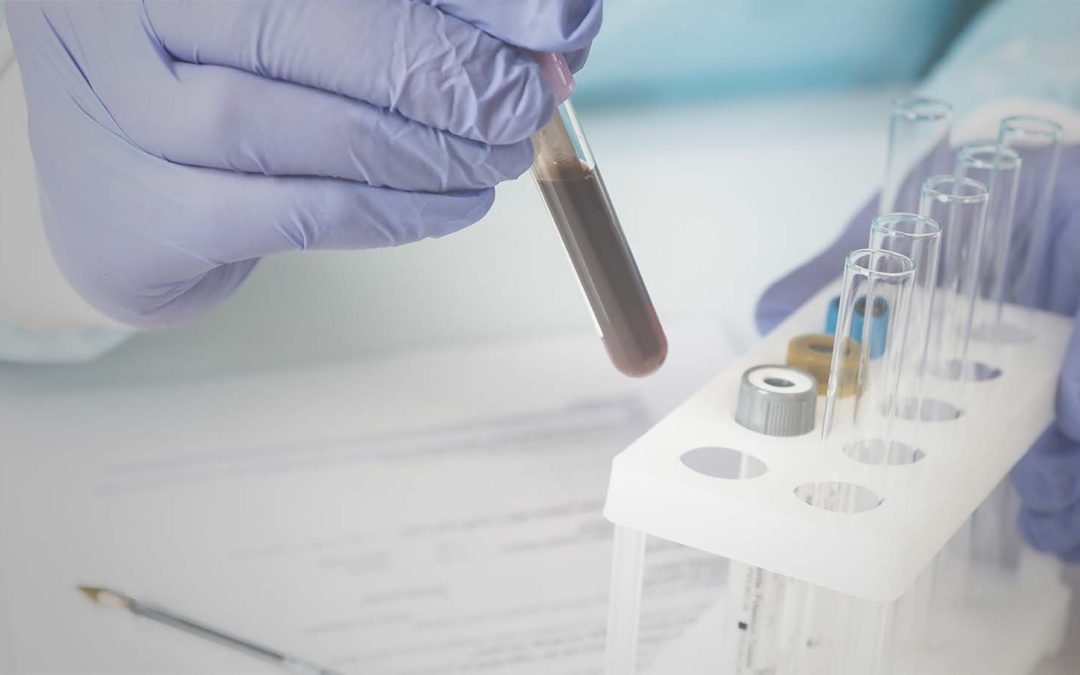Following Laboratory Investigation Services are available at Marian Cardiac Centre and Research Foundation, Pune

SPECIAL TEST FOR ACUTE CORONARY SYNDROME: TROPONIN T, CPK-MB, CPK
Certain subtypes of Troponin (cardiac I and T) are sensitive and specific indicators of damage to the heart muscle (myocardium). They are measured in the blood to differentiate between unstable angina and myocardial infarction (heart attack) in people with chest pain or acute coronary syndrome.
The CPK–MB test is a cardiac marker used to assist diagnoses of an acute myocardial infarction. It measures the blood level of CK–MB (creatine kinase myocardial band), the bound combination of two variants (isoenzymes CKM and CKB) of the enzyme phosphocreatine kinase.

SPECIAL TEST FOR HEART FAILURE : NT-PROBNP
The increase in circulating BNP or NT–proBNP will reflect this diminished capacity to deliver oxygenated blood to the body. A test for BNP or NT–proBNP is primarily used to help detect, support diagnosis, and in some instances evaluate the severity of heart failure.
SPECIAL TEST FOR PULMONARY THROMBOEMBOLISM: D DIMER, FIBRINIGEN LEVEL
A positive D–dimer result may indicate the presence of an abnormally high level of fibrin degradation products. It indicates that there may be significant blood clot (thrombus) formation and breakdown in the body. A blood clot that forms in a deep vein is called a deep vein thrombosis (DVT). A DVT is most commonly found in the legs. If the clot travels to the lungs, it’s called a pulmonary embolism (PE). In the lungs, the clot can cut off the flow of blood. This is a medical emergency and may cause death.
SPECIAL GENETIC TEST FOR STATIN RESISTANCE
SPECIAL GENETIC TEST FOR CLOPIDOGREL RESISTANCE
SPECIAL GENETIC TEST FOR ACITROM/WARFARIN RESISTANCE
PT INR TEST :- The prothrombin time (PT) is a test that helps evaluate your ability to appropriately form blood clots. The international normalized ratio or INR is a calculation based on results of a PT that is used to monitor individuals who are being treated with the blood-thinning medication (anticoagulant) warfarin (Coumadin®).
The INR is a calculation that adjusts for changes in the PT reagents and allows for results from different laboratories to be compared. Most laboratories report both PT and INR values whenever a PT test is performed. The INR should be only applicable, however, for those taking the blood-thinning medication warfarin.
LIVER FUNCTION TEST (LFT) :- Liver function tests (LFTs or LFs), also referred to as a hepatic panel, are groups of blood tests that provide information about the state of a patient’s liver. These tests include prothrombin time (PT/INR), activated Partial Thromboplastin Time (aPTT), albumin, bilirubin (direct and indirect), and others.
RENAL FUNCTION TEST:– Kidney function tests are common lab tests used to evaluate how well the kidneys are working. It’s routine for doctors to check your kidney function if they believe you may have heart disease. A simple blood test can check if the level of creatinine, a waste product usually secreted by the kidneys, is raised, suggesting impairment.
Other Blood Investigations
- Haemogram
- Renal function test
- Liver Function Test
- BSL (F + PP) or BSL (Random) Hb A1C
- Serum Electrolytes
- HIV
- Hb SAg &HCV
- PT INR, PTTK
- Urine Routine
- Blood Group

